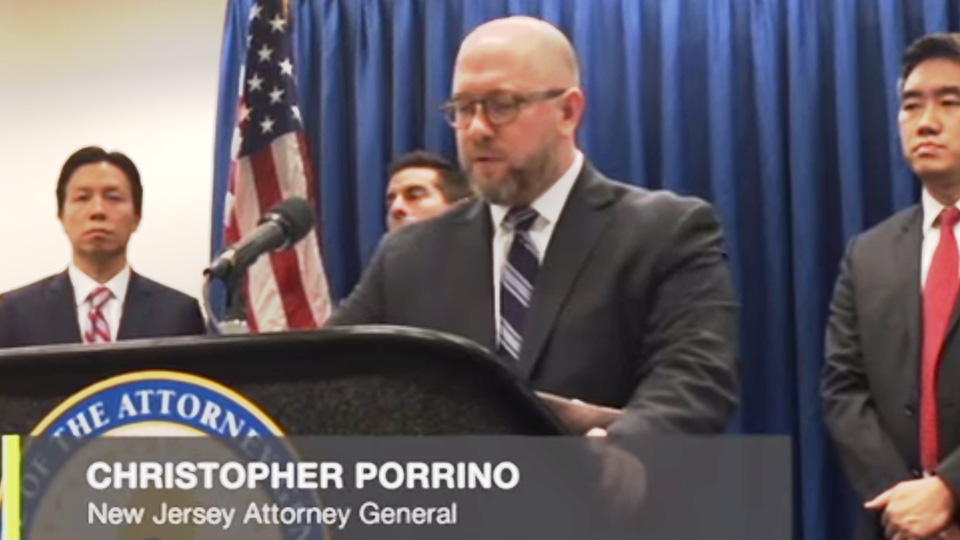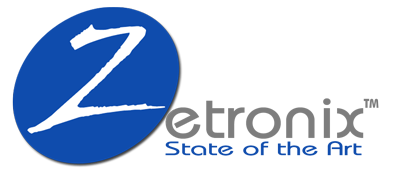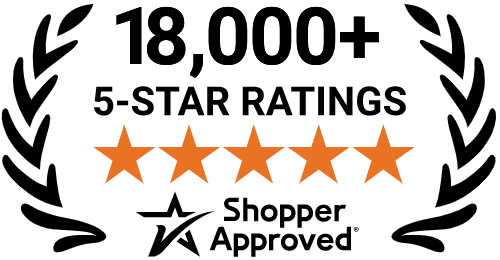N.J. expands hidden camera program to catch abusive health care aides


NEW JERSEY -- State authorities are expanding programs that provide hidden cameras to family members of disabled and elderly patients who suspect their loved ones are being abused by caregivers, citing a spike in misconduct complaints.
The Division of Consumer Affairs is eliminating rules that allowed new health care workers to start working inside the homes of patients while criminal background checks were still pending.
Attorney General Christopher Porrino said the changes were meant to protect patients amid a boom in the industry.
The number of certified home health aides has doubled in New Jersey over the last decade, with 58,700 now working in the state. While the number of home health workers accused of abuse remains low compared to the overall workforce, authorities say the spike in misconduct complaints is cause for alarm.
"As the numbers went up, we were seeing more and more complaints of misconduct," Porrino said.
Last year, the State disciplined 307 health aides for alleged criminal activity on and off the job, up from 207 in 2015 and 140 in 2014.
In December, Porrino and Steve Lee, the state's consumer affairs director, announced a program that loans out hidden cameras to those who suspect their elderly or disabled loved ones are being abused.
Porrino's office released videos allegedly showing home health care workers slapping, roughly feeding and ignoring elderly and infirm patients in their care. They encouraged anyone who was concerned their loved one was receiving similar treatment to reach out.
That program, called "Safe Care Cam," was limited to those who receive care at home. Now authorities are allowing those with family in nursing homes, assisted living facilities and other institutions to use the cameras as well.
Lee said those who apply for the program have to agree not to deploy the technology outside of their loved one's private quarters in an institutional facility, citing patient privacy concerns.
Porrino declined to disclose the number of cameras already given out as part of the program, citing "investigatory" concerns.
Authorities say the program is already resulting in referrals of cases to the office. In some instances, they say, families are using the cameras to detect rough treatment by caregivers.




